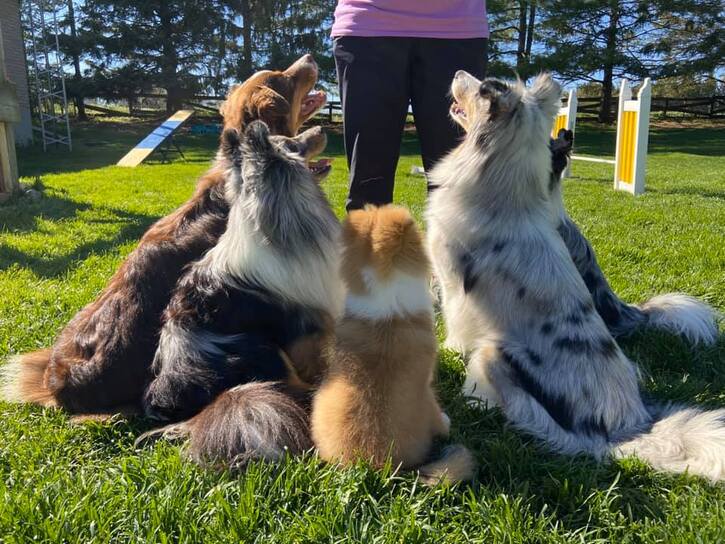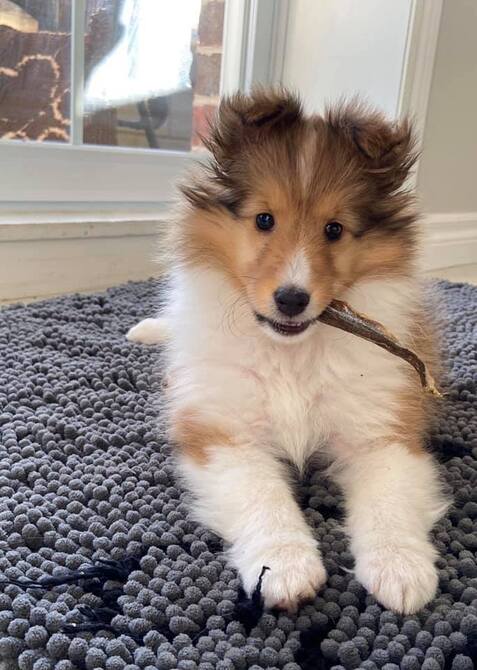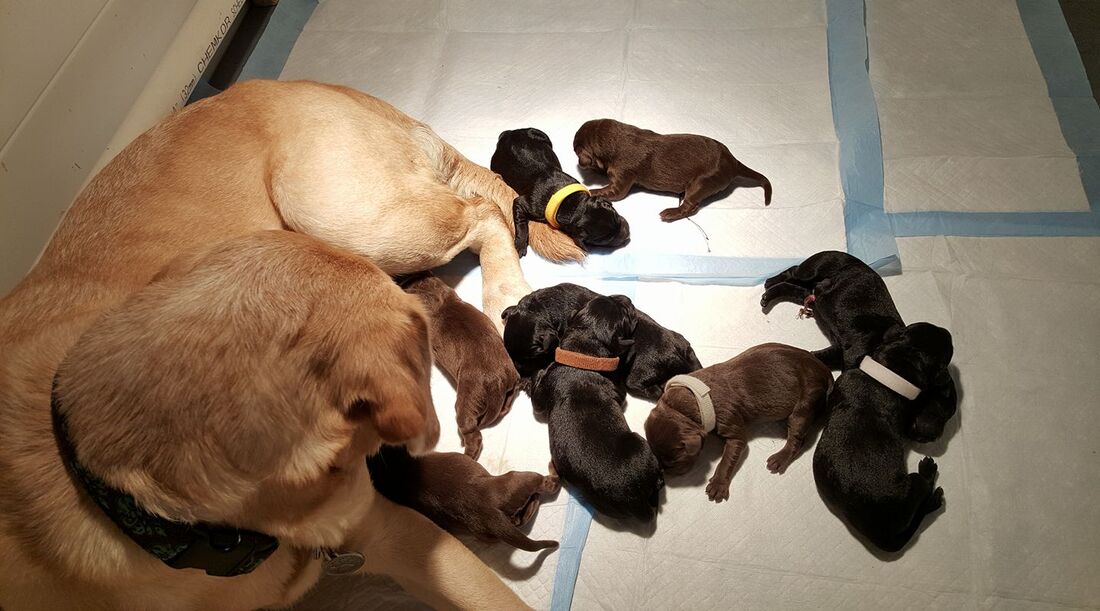|
Getting a new puppy is an exciting and busy time. Once your puppy comes home they begin an intensive learning period as they become accustomed to the routine of their new home, learn basic commands, and start foundation work for future performance endeavours. But you may be wondering, how to introduce your puppy to canine conditioning. The good news is that a lot of the skills you'll need for a future in sport can also be taught NOW as you are building your canine conditioning foundation skills. I often get asked a lot of questions about getting our young dogs started on canine conditioning so in this week's blog I'll go over a few of the top puppy conditioning questions I get asked!
2 Comments
Getting a new puppy is an exciting and busy time. Something I was just reminded of as I brought home the latest addition to my pack a couple of weeks ago. A small, sassy girl I have named Keeper. It's amazing how easy it is to forget how MUCH work a puppy is and I'd be lying if I said I wasn't a little overwhelmed with the amount of work we had ahead of us.
Once your puppy comes home they begin an intensive learning period as they become accustomed to the routine of their new home, begin to learn basic commands, and start foundation work for future performance endeavours. But you may be wondering, how to introduce your puppy to canine conditioning. The good news is that a lot of the skills you'll need for a future in sport can also be taught as you are building your canine conditioning foundation skills. This week I'll discuss what we can do to start getting our puppies ready for conditioning work down the road. Do you know that breeders can greatly affect a dog's athletic potential? Choosing the right dam and stud with good genetics and great sporting potential is but one factor (albeit an important one!) in determining a puppy's potential for athleticism but another, equally important factor, is how puppies are reared in their early development.
|
AuthorCarolyn McIntyre Archives
June 2024
Categories
All
|




 RSS Feed
RSS Feed